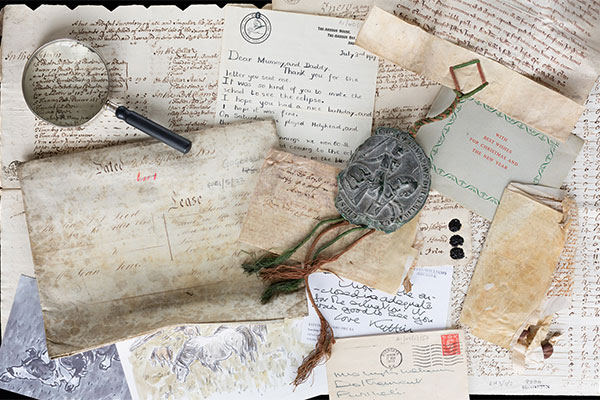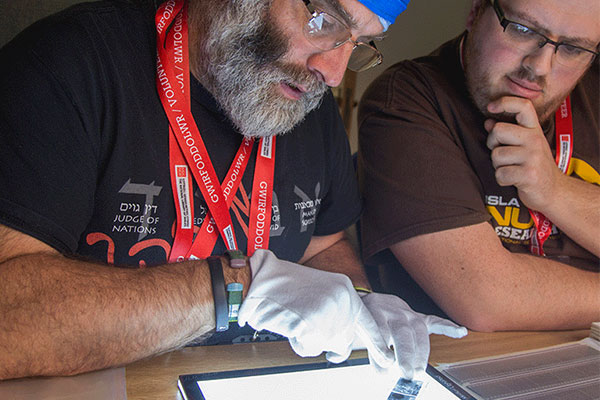The diary
The diary is written in the eccentric orthography devised by Pughe himself, in which the Welsh letter ch is represented by ç, and f by v. By the period covered in the diary, Pughe had fallen under the influence of the strange prophetess, Joanna Southcott, the founder of one of the many millenarian sects that flourished at the turn of the 19th century. Pughe became Joanna’s amanuensis and a member of her inner circle. The diary throws a good deal of light on her final days, and on the circumstances of her death (pp. 103-108), as well as on the development of her sect over the succeeding years. Another matter frequently referred to by Pughe is his - extremely laboured and garbled - translation of Milton’s Paradise Lost, Coll Gwynfa (1819): a translation dismissed by Iolo Morganwg as ‘Milton lost! Perhaps the most powerful and moving entries in the diary are those describing the death of Pughe’s wife, Sarah, or Sal, in January 1816 (pp. 134-136).




